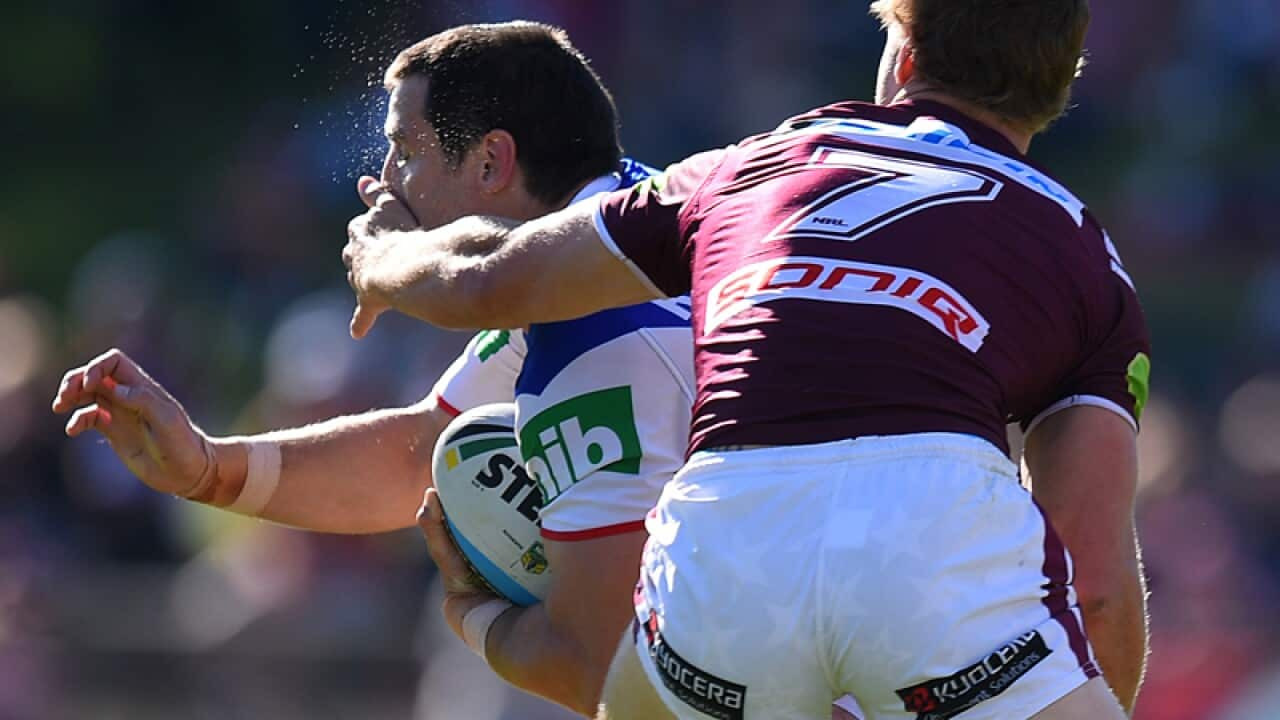The decision earlier this year by retired rugby league player James McManus to sue his former club over its concussion policies sent shock waves through the sport.
And now fresh research is emboldening the call to arms for more action.
Dr Alan Pearce at the School of Allied Health at La Trobe University is at the coal face of Australian concussion research.
"It's an issue right across the board at all levels of sport," he says, adding the long-term effects of concussion are still poorly understood.
"Australia needs to be doing a lot more research and getting funded for this."
Dr Pearce's latest study seeks to fill the knowledge gap by focusing on changes in brain function rather than brain structure.
He tested 25 retired NRL players all with a history of concussion, each around the age of 50.
"There was an across-the-board drop in performance in the cognitive and motor tests that we did," Dr Pearce says.
The study focused on three areas of the brain which are particularly affected by concussion: the frontal lobe which is important for attention; the dorsolateral prefrontal cortex, important for memory; and the motor cortex, related to dexterity.
"Their memory was impaired and also their ability to maintain attention, so trying to stay focused on a task was very difficult or more difficult for them, even though generally they're leading normal, everyday lives," Dr Pearce says.
"The other thing about it is they're relatively young still, they're 50-51 years of age, so it could be a first indicator of anything later on."
Dr Pearce also used magnetic stimulation to test the retired players' brains.
"Our brains are working on exciting other nerves but also inhibiting so it's a balance and that balance is disrupted particularly with the guys who've had a history of repetitive head injury."
Dr Pearce's research is under peer review and will be presented at the World Congress on Brain Injury in the US later this month.
He says what's needed now is more Australian data, adding that there's an over-reliance on research from American Football.
But Rugby League Players Association chief executive Ian Prendergast believes hurdles remain.
"There's not too many people who want to be the pin-up boy or the poster-boy for concussion, for obvious reasons, there's negative connotations around the impact that it may be having on their life, post-football," Mr Prendergast says.
Though, he adds, with the NRL's concussion policy now in its fourth year, attitudes are changing.
"As we better understand it and we provide improved support, people will be more comfortable talking about it and the impact it's having on their life, because clearly that is the most compelling education you can deliver."

